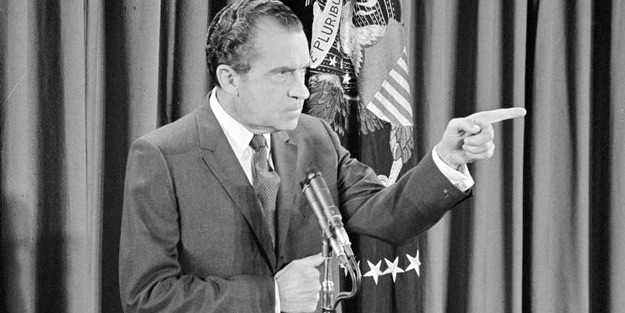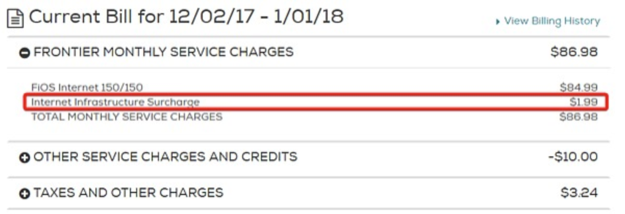Happy holidays, and a huge thank you to everyone who browsed this blog in 2017
geek stuff

If you’re reading this holiday post, then you truly are a dedicated reader. I’m thoroughly grateful for your interest. 2017 has been a wonderful year in many respects, but a writer’s greatest joy is to be read. Thank you for making this daily excursion into cyberspace so rewarding.
I hit a major milestone this month: five years of uninterrupted daily posts, at least one per day, every day, seven days a week. It’s been a pleasure and, it appears, useful.… More



![By Marianne O'Leary (Punter Matt Dodge warms up) [CC BY 2.0 (https://creativecommons.org/licenses/by/2.0)], via Wikimedia Commons](https://www.tellusventure.com/images/2017/12/punt.jpg)

![By ..stiina.. (Flickr: Tangle me) [CC BY 2.0 (https://creativecommons.org/licenses/by/2.0)], via Wikimedia Commons](https://www.tellusventure.com/images/2017/12/twine.jpg)



